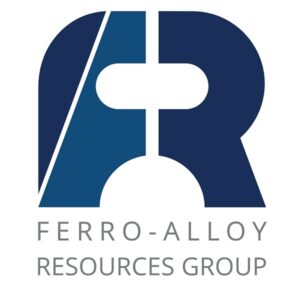Vanadium, a transition metal known for its strength and versatility, plays a pivotal role in various industrial applications. Its unique properties have positioned it as a critical component in sectors ranging from steel manufacturing to renewable energy storage.Vanadium: Powering Industry and the Future of Renewable Energy
In the steel industry, vanadium is primarily used as an alloying element to produce high-strength steels. By incorporating vanadium, steel’s tensile strength, hardness, and resistance to wear and corrosion are significantly enhanced. This makes it indispensable in constructing infrastructure, manufacturing automotive components, and producing tools that require durability and reliability. The global demand for such high-strength steel has been on the rise, driven by rapid urbanisation and industrialisation, particularly in emerging economies. This trend underscores the sustained importance of vanadium in traditional industrial applications.
Beyond its conventional uses, vanadium has emerged as a cornerstone in the advancement of renewable energy technologies. The development and deployment of vanadium redox flow batteries (VRFBs) have garnered significant attention in recent years. These batteries offer a robust solution for large-scale energy storage, addressing the intermittency challenges associated with renewable energy sources like wind and solar power. VRFBs are lauded for their scalability, long lifespan, and the ability to discharge completely without damaging the system, making them ideal for grid energy storage applications. As the global community intensifies its efforts towards sustainable energy solutions, the demand for VRFBs—and consequently, vanadium—is projected to experience substantial growth.
Ferro-Alloy Resources Limited stands at the forefront of this evolving landscape. The company is actively developing the Balasausqandiq vanadium deposit in Southern Kazakhstan, a project distinguished by its vast scale and high-grade ore. Unlike many other vanadium deposits, Balasausqandiq’s unique composition allows for more efficient extraction processes, potentially reducing both capital and operational expenditures. The project’s phased development strategy aims to align production with the anticipated growth in vanadium demand, particularly from the burgeoning energy storage sector. By focusing on sustainable and cost-effective extraction methods, Ferro-Alloy Resources is well-positioned to meet the increasing global requirements for vanadium, thereby contributing to advancements in both traditional industries and renewable energy initiatives.


